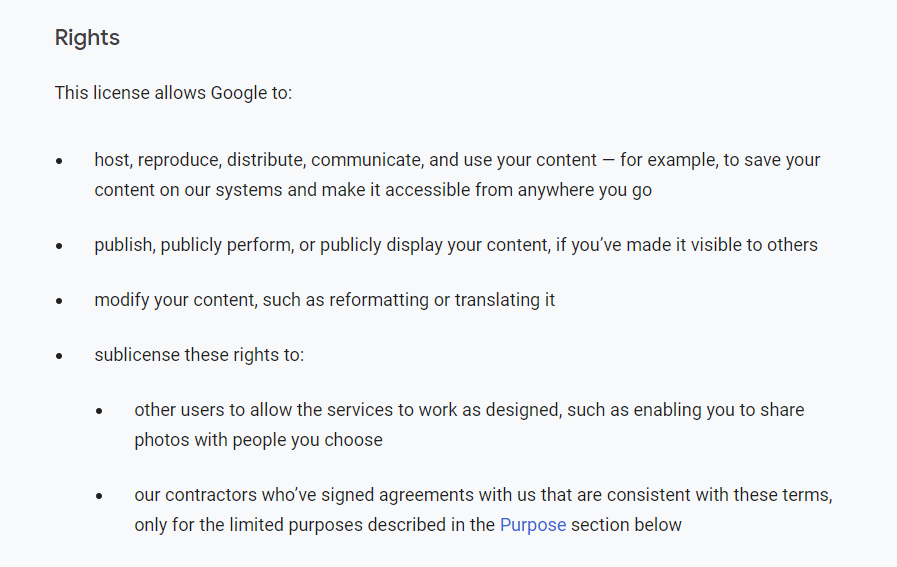Episode 015 - Introduction to Owning Your Data and Self-Hosting [ Part 1 ]
About this series..
In this series I plan to walk you through
setting up a server/s using easy to follow step by step guides. This series is for every level of user.
I will pre-face this with I am not an expert and these guides have formed from my experience setting up servers/containers, all the hiccups I faced I will try to guide you through these and where to look for extra help.
Series parts
To start, what is a server ? A server is just like any other computer you use day to day, the only difference is how you use it. In the Enterprise, a server is normally in a server rack in an office or datacentre and have enterprise hardware.
For us mere mortals who cant afford some of these crazy servers there are alternatives, the Desktop or Laptop you are using can be a server. In fact a Laptop is a perfect server, why? Because its fairly low power compared to your normal desktop, it has a built in KVM ( Keyboard , Video , Mouse ) and has its own build it UPS (uninterruptible power supply AKA Battyery) so can stay powered when the power gets cut.
The Cheapest server of them all.. you guessed it, a Raspberry Pi, you can pick one of these up from £5/$7 at its most basic , the Raspberry Pi Zero (non wifi version), this can be a perfect start, and I use mine for my Pi Hole with a USB Ethernet adapter to attach to the network, or get the Pi Zero W and connect it wirelessly. ( There will be a post on this and how easy it is to set up and configure).
Another server is of course, the cloud (someone elses server), you can set your own server up in the cloud for as little as $5 per month, and get $200 for 60 days with a new account over at DigitalOcean following this Link, this is a referal links and if you sign up i get some $$.
Most of my servers are at home and are Raspberry Pi's, and a couple of cloud servers, heres my small list:
- 4x Raspberry Pi 3B's running raspberry pi OS with the following containers ( will get on to containers on another episode here )
- Wireguard VPN
- Nextcloud
- Ghost blog
- Grafana
- Influxdb
- Portainer
- Home Assistant
- 1x Raspberry Pi Zero
- Pi-Hole
- Digital Ocean
- Digital Ocean Spaces (chunk of storage)
- Linode
- test / playground vps
Each of my 3B's are configured as a Docker Host using Raspberry Pi OS so i can run multiple 'servers / services' from each device. Docker is something I will be diving into ( again I am no expert in this area so all guides will be based on articles and guides I have followed and issues I have faced)
So a Raspberry Pi as My first server? If you don't have one then most of these guides will still work, depending on what Operating system you are using, most of thes guides will be based on Raspberry Pi OS, but should work on Debian/Ubuntu variations.
Why should I own my data?
For me its about not relying on others, Its about knowing who can see my data, but the main was when i had a bit of a OMG moment when I visited My Google Account and under data and personalisation, the ammount of data Google has on me was astonoshing, and when I tried to export that data with Googles Takeout Tool I was shocked to say the least. It took 2 days for Google to calculate and gather all my data into 50GB zip files, with a grand total of 357GB of data, ranging from Every email sent and recieved, all my Google Photos, all my Google searches including all my voice recordings from Google Assistant, It honestly scared me.
This is when I made the desicion to try and find a way to have most of the value of Google products but under my control, and I wanted to do it as cheap as possible as Google is very generous in giving me all this storage and photo backups for 'Free' but the caveate is im trading my Privacy for the privilege. It only takes a few minuets to read some of the Google T&C's to realise exactly what you are giving up.

Do I need a server?
You dont but its fun skill to learn, and like I have mentioned, you can use hardware you already have or use something in the cloud like a VPS.
There are also online services like Nextcloud where you can pay for them to do the hosting of data and its still yours.
Where would you like to start ?
Let me know what server / service you would like to start with and that will be my first guide, email feedback@0lzi.com